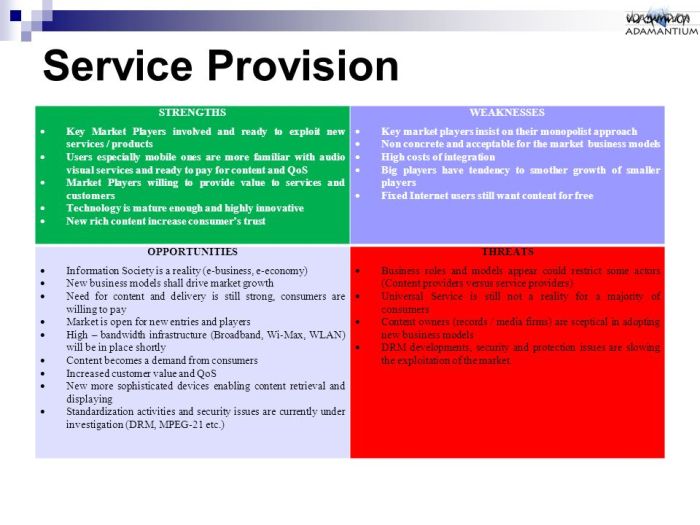Consumers Consider Universal Retrieval and Evoked: Unveiling the Influence on Decision-Making and Marketing Strategies.
Universal retrieval and evoked set play a pivotal role in shaping consumer behavior and decision-making processes. This introductory paragraph delves into the significance of these concepts, highlighting their impact on consumer choices and the implications for marketing practice.
Introduction to Consumer Retrieval and Evoked Set

Consumers’ consideration of products or brands when making purchasing decisions is influenced by two key concepts: universal retrieval and evoked set.
Universal retrieval refers to the entire set of products or brands that a consumer can recall from memory. The evoked set, on the other hand, is a subset of the universal retrieval that represents the brands or products that are actively considered for purchase.
Understanding these concepts is crucial for marketers as they can help identify the factors that influence consumer decision-making and develop strategies to increase the likelihood that their products or brands will be included in the evoked set.
Factors Influencing Universal Retrieval and Evoked Set
Factors Influencing Universal Retrieval
- Product knowledge and experience
- Brand awareness and familiarity
- Product availability and accessibility
- Product category and relevance
- Consumer demographics and psychographics
Factors Influencing Evoked Set
- Purchase frequency and recency
- Brand loyalty and satisfaction
- Advertising and promotional exposure
- Product attributes and benefits
- Price and value perception
Strategies for Expanding Universal Retrieval and Evoked Set: Consumers Consider Universal Retrieval And Evoked

Marketers can employ various strategies to expand the universal retrieval and evoked set for their products:
Advertising and Promotion
Advertising and promotional campaigns can increase brand awareness and familiarity, which can lead to increased universal retrieval. Targeted advertising can also help reach specific consumer segments and increase the likelihood that their products will be included in the evoked set.
Brand Building
Building a strong brand through consistent messaging and positive customer experiences can increase brand loyalty and satisfaction, which can lead to increased evoked set consideration.
Product Placement, Consumers consider universal retrieval and evoked
Product placement in movies, TV shows, and other media can increase product visibility and recall, which can expand the universal retrieval set. This can also lead to increased evoked set consideration if the product placement is relevant to the consumer’s needs and interests.
Implications for Marketing Practice

Understanding the concepts of universal retrieval and evoked set has significant implications for marketing practice:
- Marketers can use these concepts to identify the target market for their products and tailor their marketing strategies accordingly.
- By understanding the factors that influence universal retrieval and evoked set, marketers can develop strategies to increase the likelihood that their products or brands will be considered for purchase.
- These concepts can also help marketers evaluate the effectiveness of their marketing campaigns and make necessary adjustments to improve their reach and impact.
FAQ Overview
What is universal retrieval?
Universal retrieval refers to the total set of brands or products that a consumer can recall from memory.
How does evoked set influence consumer choice?
Evoked set represents the subset of brands or products that a consumer actively considers when making a purchase decision.
What strategies can marketers use to expand the universal retrieval and evoked set?
Effective strategies include advertising, brand building, product placement, and creating positive consumer experiences.